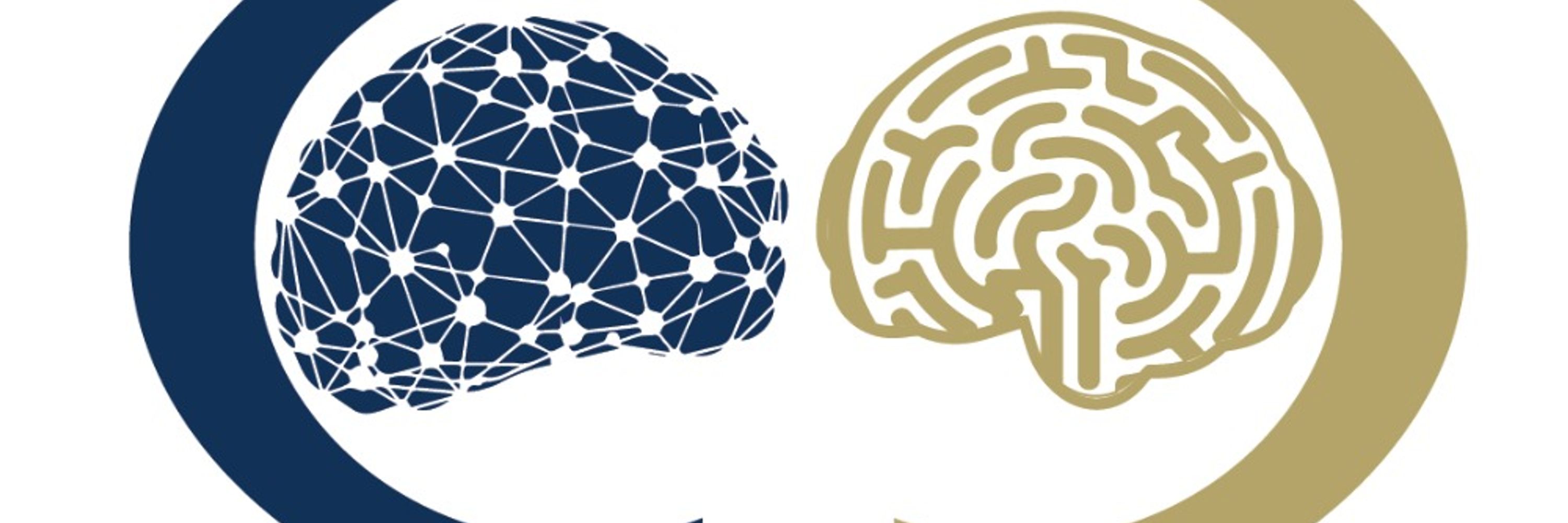
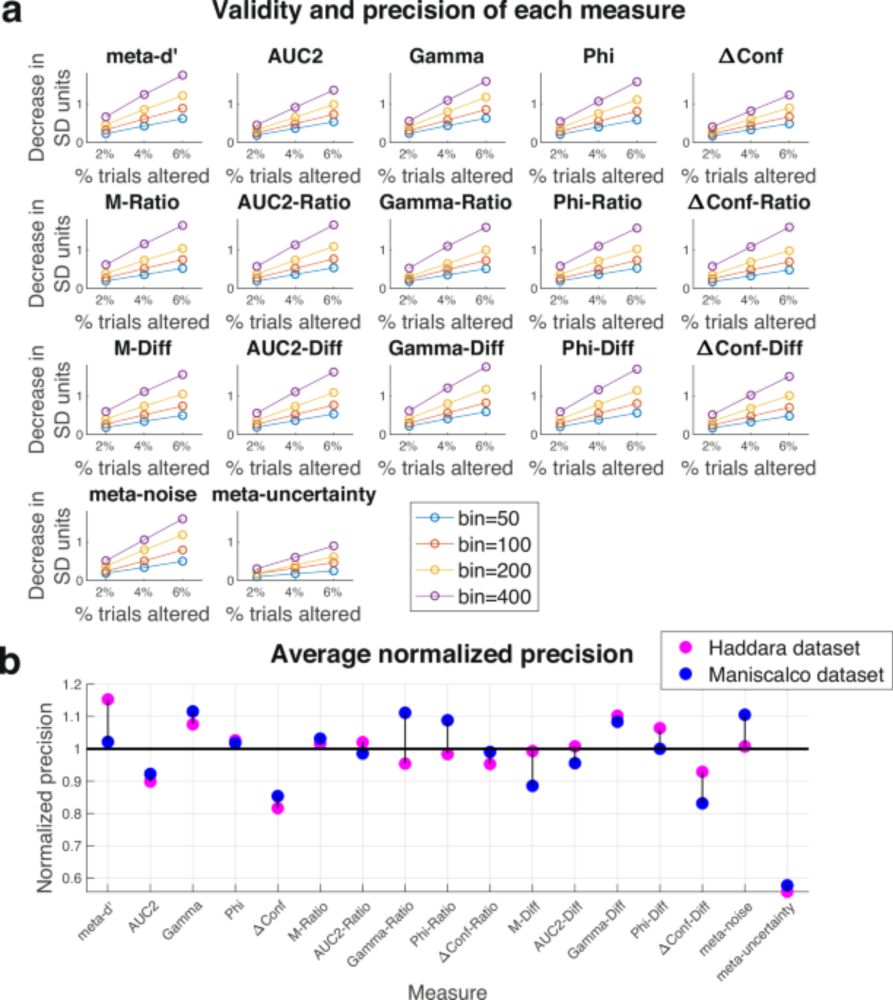
www.nature.com/articles/s41...



🎉 I’m moving to University College London @ucl.ac.uk to join the Experimental Psychology department in @uclpals.bsky.social! 🎉
The big move happens in spring/summer. So I’m already exploring recruiting staff & students at UCL for fall 2026!
🎉 I’m moving to University College London @ucl.ac.uk to join the Experimental Psychology department in @uclpals.bsky.social! 🎉
The big move happens in spring/summer. So I’m already exploring recruiting staff & students at UCL for fall 2026!
In two experiments, we manipulated multiple stimulus features in a perception task, yet their effects on confidence and accuracy fell into just two distinct behavioral patterns, offering a way to predict the effects of novel stimulus manipulations.
1/n

In two experiments, we manipulated multiple stimulus features in a perception task, yet their effects on confidence and accuracy fell into just two distinct behavioral patterns, offering a way to predict the effects of novel stimulus manipulations.
1/n

In two experiments, we manipulated multiple stimulus features in a perception task, yet their effects on confidence and accuracy fell into just two distinct behavioral patterns, offering a way to predict the effects of novel stimulus manipulations.
1/n
arxiv.org/abs/2510.04391

arxiv.org/abs/2510.04391
led by Robin Vloeberghs with @anne-urai.bsky.social Scott Linderman
Paper: desenderlab.com/wp-content/u... Thread ↓↓↓
#PsychSciSky #Neuroscience #Neuroskyence
led by Robin Vloeberghs with @anne-urai.bsky.social Scott Linderman
Paper: desenderlab.com/wp-content/u... Thread ↓↓↓
#PsychSciSky #Neuroscience #Neuroskyence
osf.io/preprints/ps...
osf.io/preprints/ps...
Paper: desenderlab.com/wp-content/u... Thread ↓↓↓
Paper: desenderlab.com/wp-content/u... Thread ↓↓↓

osf.io/preprints/ps...
osf.io/preprints/ps...

www.biorxiv.org/content/10.1...
I personally am a big fan of the idea that cortical regions (allo and neo) are doing sequence prediction.
But...
🧠📈 🧪

www.biorxiv.org/content/10.1...
I personally am a big fan of the idea that cortical regions (allo and neo) are doing sequence prediction.
But...
🧠📈 🧪
metacognitivescience.org
We have an exciting lineup covering computational, neural and AI approaches to metacognition, plus keynotes from Uta Noppeney and @ingmarposner.bsky.social 🥳
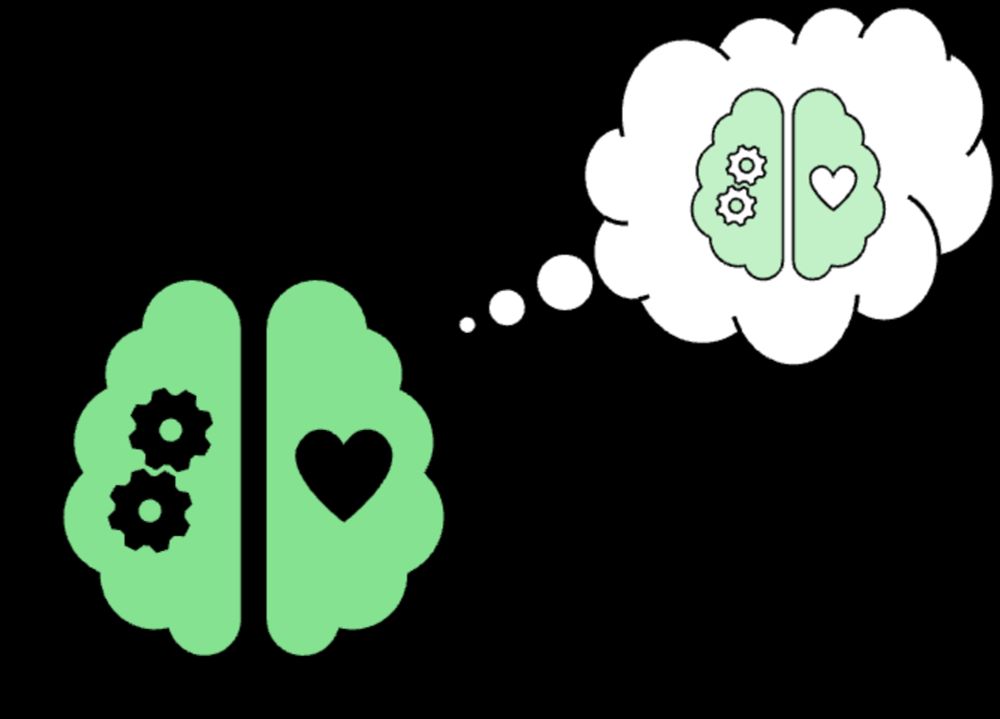
metacognitivescience.org
We have an exciting lineup covering computational, neural and AI approaches to metacognition, plus keynotes from Uta Noppeney and @ingmarposner.bsky.social 🥳

metacognitivescience.org
We have an exciting lineup covering computational, neural and AI approaches to metacognition, plus keynotes from Uta Noppeney and @ingmarposner.bsky.social 🥳
osf.io/preprints/ps...
🧵👇
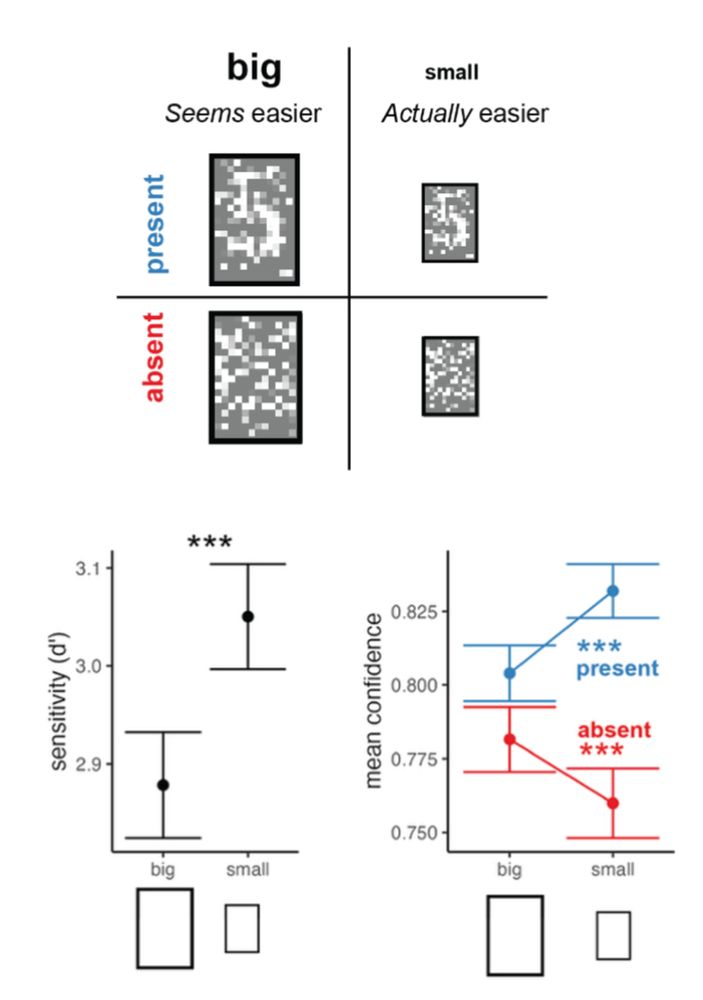
osf.io/preprints/ps...
🧵👇


More information at coconeuro.github.io/phd2025
Kindly share this opportunity with potential candidates - Thanks!
More information at coconeuro.github.io/phd2025
Kindly share this opportunity with potential candidates - Thanks!


Not for me! I've externalized it to this lovely preprint!
Plus, read on for why it might not be the pain that causes deficits in your working memory... 🧵
sites.google.com/view/metacog...
come join CCN & talk about neuroscience, consciousness, metacognition, & the role of philosophy in pushing the whole CCN enterprise forward!
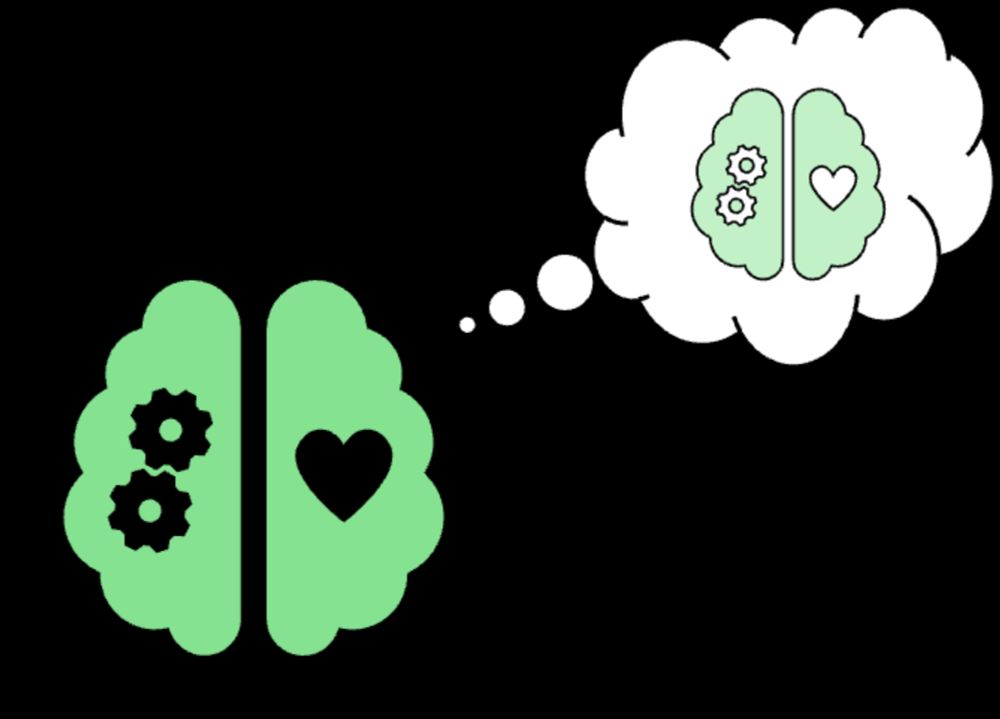
sites.google.com/view/metacog...
come join CCN & talk about neuroscience, consciousness, metacognition, & the role of philosophy in pushing the whole CCN enterprise forward!

